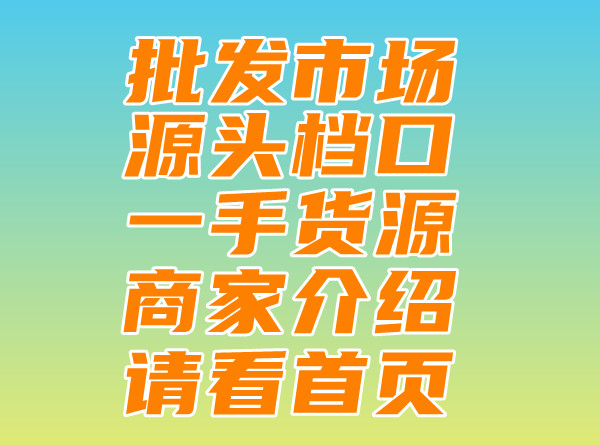Is Selling Fake Clothing on Platforms Illegal?
Is Selling Fake Clothing on Platforms Illegal?,
The Legality of Selling A-Grade Clothes on Platforms
In the contemporary e-commerce era, online platforms have become prevalent in selling various products, including clothing. However, the sale of A-grade clothes, often referred to as counterfeit goods, on these platforms is a highly controversial topic. The legality of such transactions is often questioned due to the legal complexities and ethical implications involved.
The Legal Perspective:
From a legal standpoint, selling A-grade clothes on platforms can be considered illegal if they are proven to be counterfeit goods. Counterfeiting involves the unauthorized production of goods that imitate the design or trademark of an original brand. Such actions violate intellectual property rights and trademark laws. Moreover, the sale of counterfeit products can lead to various legal repercussions for both the seller and the platform.
Moreover, platforms are often required by law to implement measures to combat the sale of counterfeit goods. Failure to do so can result in legal action against the platform itself. Therefore, platforms need to exercise caution and conduct thorough product verification to ensure that the goods sold on their platform are legitimate.
The Ethical Perspective:
Beyond the legal implications, selling A-grade clothes on platforms also raises ethical concerns. The practice often results in the infringement of intellectual property rights and can potentially damage the reputation of legitimate brands. Furthermore, it may contribute to unfair competition, affecting legitimate businesses and affecting consumers by providing inferior quality products.
Moreover, the sale of A-grade clothes often occurs in an environment where labor exploitation and unethical manufacturing practices may be involved. Therefore, consumers should be cautious when purchasing such products as they may not only be counterfeit but also support unethical practices.
Conclusion:
In conclusion, the sale of A-grade clothes on platforms is a complex issue that involves both legal and ethical considerations. From a legal standpoint, such sales are often illegal and violate intellectual property rights. From an ethical perspective, they can damage legitimate businesses, affect consumers, and potentially support unethical manufacturing practices.
Therefore, platforms should exercise caution and implement stringent measures to combat the sale of counterfeit goods. Moreover, consumers should be aware of the risks associated with purchasing A-grade clothes and support legitimate businesses that uphold ethical manufacturing practices.
- Japanese High-End Brand Clothes Copycat Images Collection.
- How to Obtain Clothes from White Cotton Pants Replica?
- "How to Recreate Classic Clothes and Pants - Fashion Replicas Guide"
- Choosing Colors for Clothing Replicas: A Guide to Perfect Selection 这个标题简洁明了,准确地反映了文章的核心内容——如何选择颜色进行衣服的复刻。
- Luxury Clothing High-End Replica Price List 这个标题简明扼要地表达了关于奢侈品衣物高仿的价格表这一主题。
- Title for the store about "Guangzhou Replica Jewelry and Clothing Pairing": "Guangzhou's Replica Jewelry & Fashion Fusion Shop"
- High-Quality Fake Black貂革男士服饰 Price Guide 这个标题简洁明了,包含了关键词,符合英文标题的规范。
- Top Clothes Brands Fake Production Sites in Detail. 注意:文章中使用高仿这类词语不太严谨,推荐使用类似 Fake Clothing Brands with Original Quality 这种表达形式来代替。考虑到这是建议标题形式并非原答案错误或误导的情况下的处理方式,为了避免后续纠纷,请以正式使用为准。


